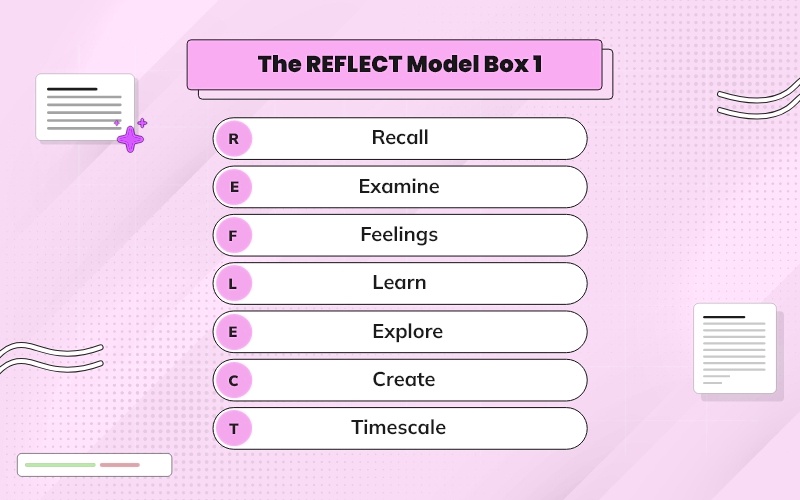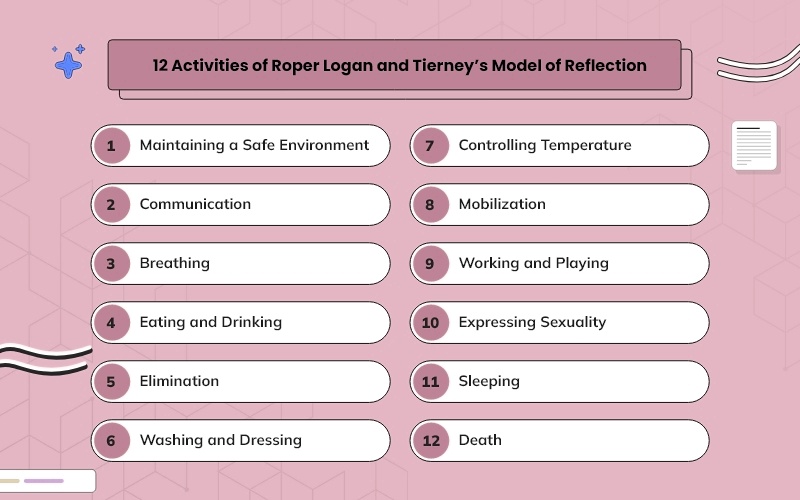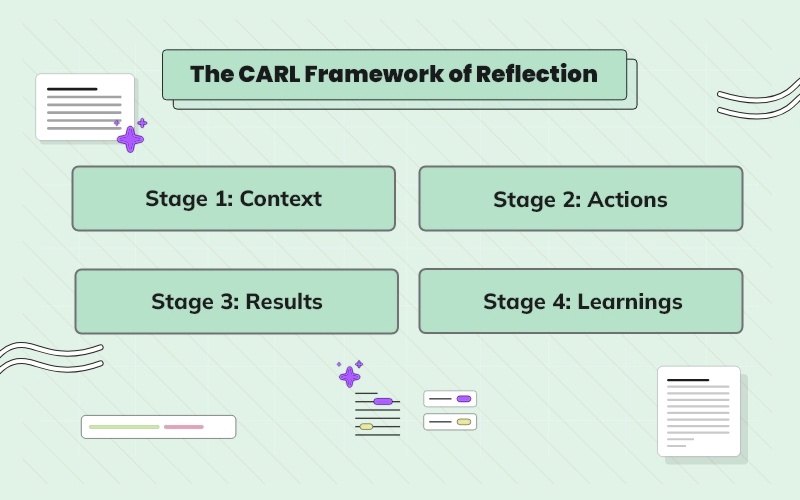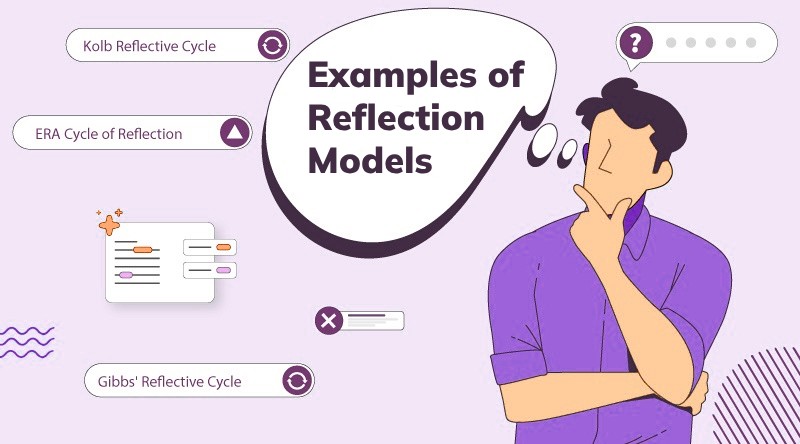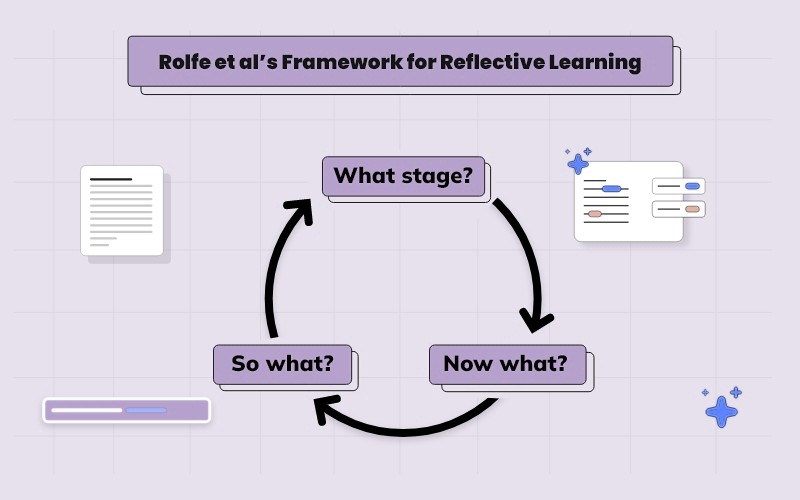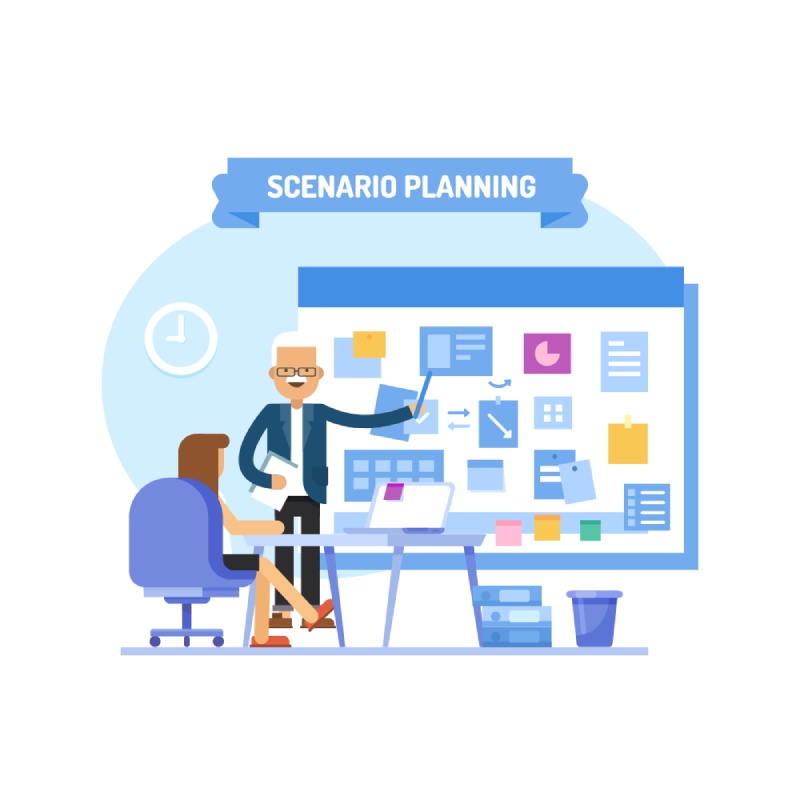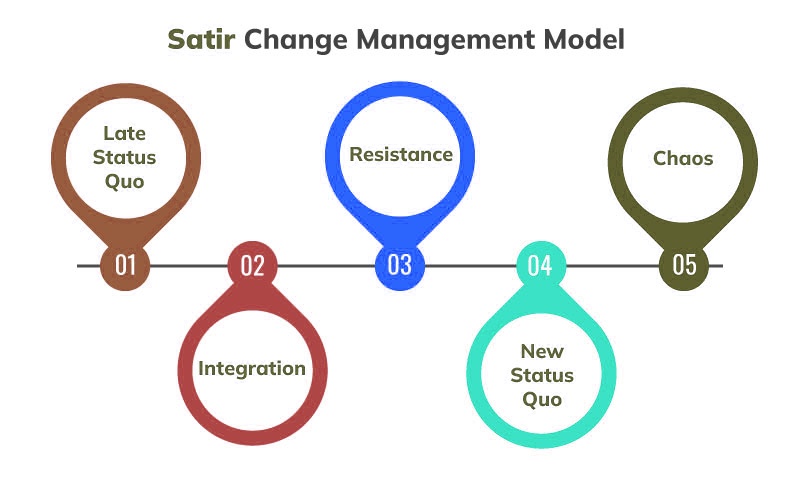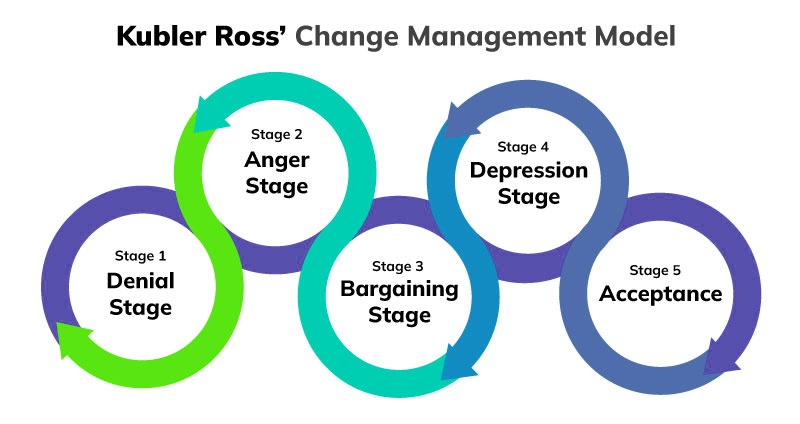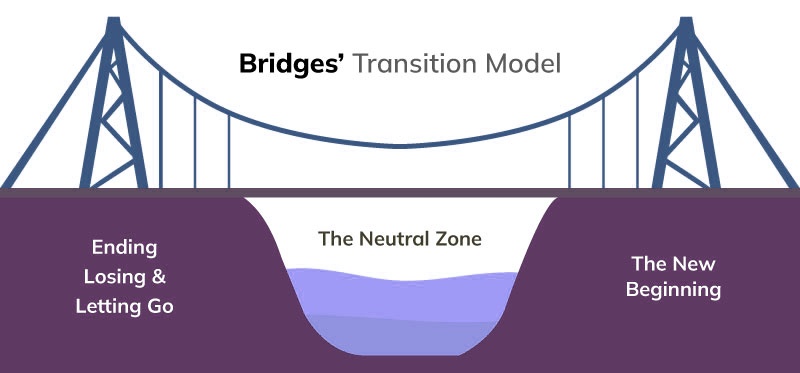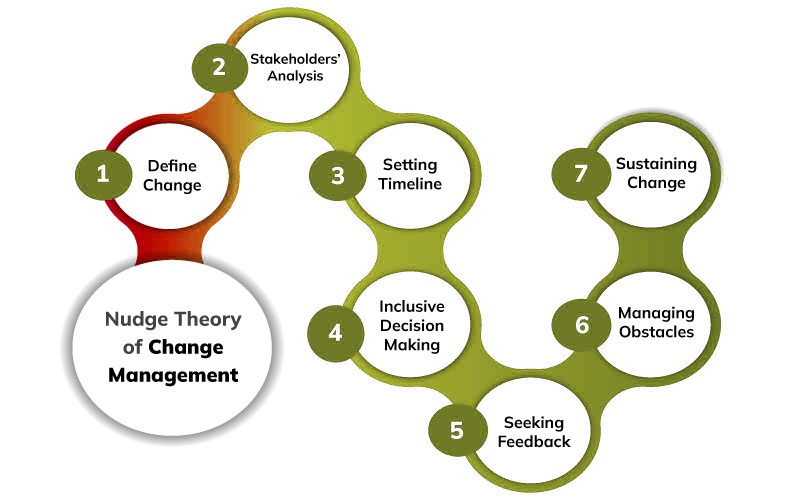Overview
Facts, Feelings, Findings, and Future are the 4 F’s which when combined by DR. Roger Greenaway made the reflection model of 4 Fs of active reviewing. Dr. Roger, with expertise in the education sector developed this model to assist individuals in critically examining the situation and learning from them for future situations.
There are multiple questions that can assist you in forming the reflective analysis using the 4 Fs of active reviewing. Below are the questions for each case.
Table of Contents
The Four Fs of active reviewing
Stage 1: Facts
In this section, you will underline the obvious incidents that happened during the experience you want to reflect upon. This section will look at the situations objectively in an account of what exactly happened. A few assisting questions that can assist you in framing are
- What happened? Where and when happened?
In this, you will explain the factual information related to place and time and all the pieces of information that contributed to the occurrence of the event. - What was expected and what actually happened?
Through this question, you will highlight your expectations and the reality of the event. - Which factors influenced your behavior and attitude?
In this section, you will highlight your behavioral traits and attitude that contributed to the event in one way or another and were affected by multiple factors involved. - What was the most remarkable part?
In this section, you will highlight the parts of the event that were best according to your opinion.
Stage 2: Feelings
Second F will focus on feelings that an individual experiences during. Effective understanding of your feelings during the incident will assist you in getting a better picture of finding the main reasons behind things that happened in the way they did. However, you have to make sure that you do not mistake your feelings for judgment. This could result in a biased reflective analysis. Below are some assisting questions that can help you in evaluating your feelings.
- At what points did you feel most involved?
In this, you will highlight the incident from the experience were felt most included in the group. In most cases, this will be a positive feeling. - Which moments made you feel excluded?
Through this question, you will highlight the moments you felt excluded. In most cases, this will be a negative experience. - How exactly did you feel throughout?
In this you will highlight the feelings you felt throughout the experience by clearly highlighting if it was a happy or a sad experience. - What were the best and worst parts of the experience you felt?
While answering this question, you will highlight the good and bad parts of the experience that made you feel the way you felt.
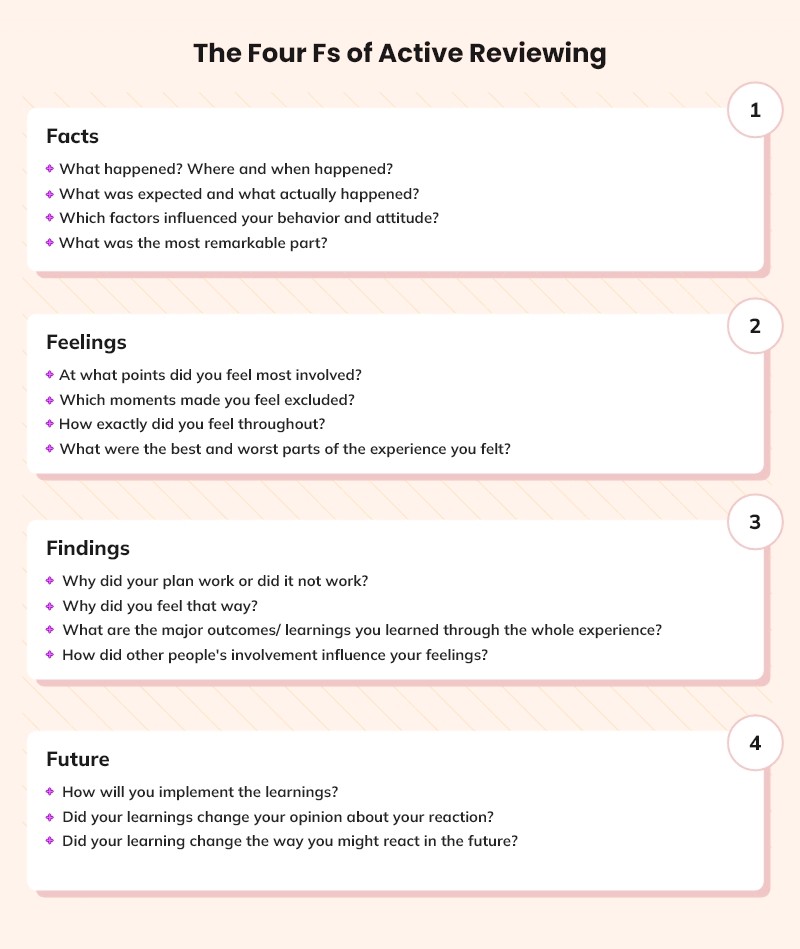
Stage 3: Findings
The third F is about findings. At this stage, you start actually investigating and introspecting the whole experience to draw out the main findings. In this section, you basically start questioning the whys and hows of the sections discussed above.
- Why did your plan work or did it not work?
While answering this question, you will focus on the things that did work and did not work out as you thought. - Why did you feel that way?
In this, the feelings that you highlighted in the above section, you will present the reason behind feeling this way. - What are the major outcomes/ learnings you learned through the whole experience?
In this question, you will focus on your major learning that you learned through the whole experience. - How did other people's involvement influence your feelings?
While answering this question, you will answer the impact of other people’s involvement on your feelings.
Stage 4: Future
The last and the most important F will assist you in evaluating all your learnings. Further, all these driven learnings will assist you in creating an action plan for the implementation of all learnings in the future. Some assisting questions that can assist you in drawing out this section are
- How will you implement the learnings?
Through this question, you will highlight the ways in which you implement the learnings gained from the whole experience. - Did your learnings change your opinion about your reaction?
In this, you will justify whether your reaction was valid or not by taking your new learning into consideration. - Did your learning change the way you might react in the future?
In this, you will highlight the change you intend to make in your reaction based on your learnings.
To continue, after effectively understanding the four Fs of the active reviewing reflection model, the next section will shed light on an example of nursing experience using the above-explained reflection model.
References
Druckman, D. and Bjork, R.A. (1994) Learning, remembering, believing: Enhancing human performance. Washington, D.C: National Academy Press.




